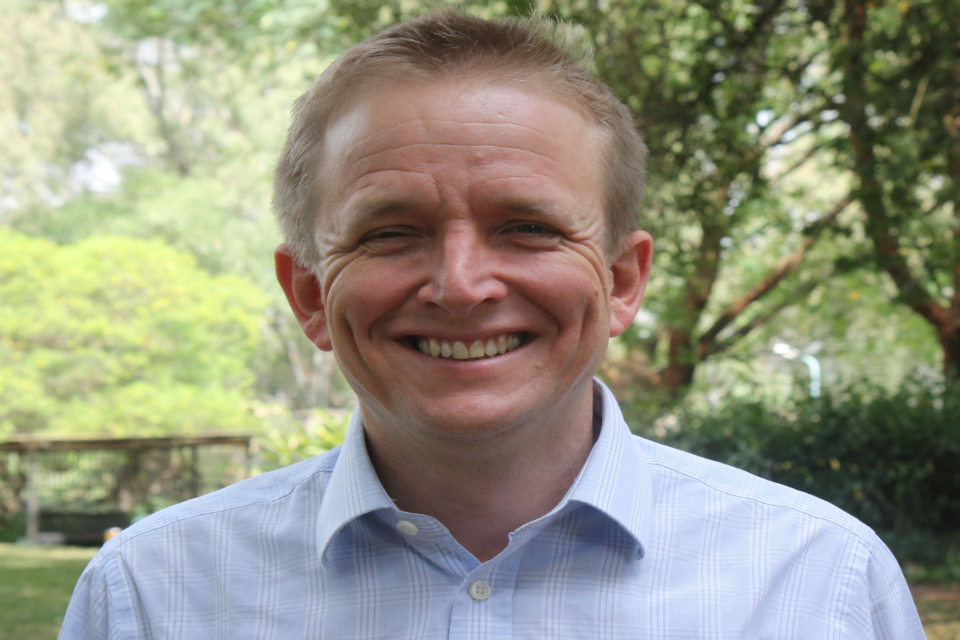
- Select a language for the TTS:
- UK English Female
- UK English Male
- US English Female
- US English Male
- Australian Female
- Australian Male
- Language selected: (auto detect) - EN
Play all audios:
BECOMING MICHAEL J. FOX "BY 21, I WAS EARNING SIX FIGURES A WEEK. BY 23, I HAD A FERRARI. IT WAS NUTS." Fox as Marty McFly in the 1985 summer blockbuster "Back to the
Future." Everett Collection Michael Andrew Fox — the "J" came years later; he thought it sounded cooler — was born in Edmonton, Alberta, on June 9, 1961. His father, Bill,
once worked as a jockey and was a sergeant in the Canadian Army; his mother, Phyllis, was a payroll clerk. Mike, as he's known to friends and family, was the fourth of five children.
Fox was too small to live out his dream of becoming a competitive ice hockey player. He turned to acting, and at 16 earned a part in a Canadian Broadcasting Corporation sitcom called _Leo
and Me_, playing a 12-year-old. Two years later, he quit high school and drove to Los Angeles with his dad, where he was cast in the Alex Haley-Norman Lear series _Palmerstown, U.S.A_.
before landing the star-making role of Alex P. Keaton on _Family Ties_ in 1982. "I negotiated the deal from a phone booth outside of Pioneer Chicken, wishing I had $1.99 for a
wing-and-biscuit combo," Fox remembers. _Family Ties_, about the clash of values of liberal, former-hippie parents and their conservative offspring, arrived after America's
cultural consciousness had shifted from Haight-Ashbury to Wall Street, and the show ran for seven seasons. President Ronald Reagan called it his favorite TV program, and Fox, who won three
Emmy Awards for his role, parlayed his success into a hit movie career, with popcorn classics like_Teen Wolf_ and the _Back to the Future_ trilogy. A slide into drinking, carousing and
overspending followed. "By 21, I was earning six figures a week. By 23, I had a Ferrari," he says. "It was nuts. I never stopped to figure that out." In 1986 he met
Pollan, a nice girl from Long Island and the sister of _The Omnivore's Dilemma_ author Michael Pollan, when she guest-starred as his girlfriend on _Family Ties_. They married in 1988.
With Tracy's insistence and encouragement, Fox quit drinking in 1992, which prompted a new outlook on his success. "You're not just a lottery winner," says Fox. "You
have to respect the work you do and the work others do and how you got there." BACK TO THE FUTURE These days, even with a condition known for making patients fitful, Fox sleeps well
and wakes around 8 a.m. He walks his dog, Gus ("or he walks me," Fox concedes, eyeing the gargantuan Great Dane at his feet), then sees the kids off to school. The actor, who
receives treatment available to all Parkinson's patients despite having financial resources others don't, has responded extremely well to medication and has no need for physical
therapy — unusual for someone diagnosed so long ago. Even his daily pill intake (a full-time preoccupation for most PD sufferers) is "not that many relative to most people," Fox
says. As with so many mysteries with Parkinson's, scientists do not know why some patients react better than others to treatment. "I'm always aware that there are others who
don't feel so good and can't express themselves the way I can," Fox says. "That's no small factor in the way I've been able to deal with this." Fox and his
family reside seven floors above his Manhattan office in a prewar apartment overlooking Central Park. It's a spacious nest that's about to get noticeably more so. The twins depart
for college in the fall, leaving only Esmé at home. The upside is that Fox and Pollan get more time together. In the initial stages of Parkinson's, Fox hid his diagnosis out of fear
that it would diminish his offers for work, and he kept Pollan at a distance, too. "Tracy wanted to get in there and help me with it, but I resisted," he says. In the end, the
disease has brought them closer. As Fox puts it, "The more problems you solve together and the more experiences and laughs you have, the tighter you get." "THE ATTENTION
MICHAEL HAS BROUGHT TO PARKINSON'S RESEARCH HAS SPARKED A COMPLETE REVOLUTION." Fox testifies before Congress in 2000 on the benefits of stem cell research. Ron Sachs/CNP/Corbis
For his 50th birthday, in 2011, Pollan put together a yearbook for Fox, who never graduated from high school. He says, "She had all these people sign it, from Tony Bennett to Bruce
Springsteen to my sixth-grade teacher to friends of mine from home." Fox is clearly moved talking about Pollan's support. "Yeah," he says, "my wife is great to
me." Parkinson's is an idiopathic disease, meaning researchers do not know what causes dopamine-producing brain cells to degenerate and trigger symptoms like trembling, slowness
and rigidity. Fox's case is unusual in that the average age of onset is late 50s. Genetics and environmental factors, like exposure to pesticides and metals, can play a role, although
the connection is unclear. Says Fox, "When I was younger I fished in rivers that had pulp and paper mills on them, but you never know."








